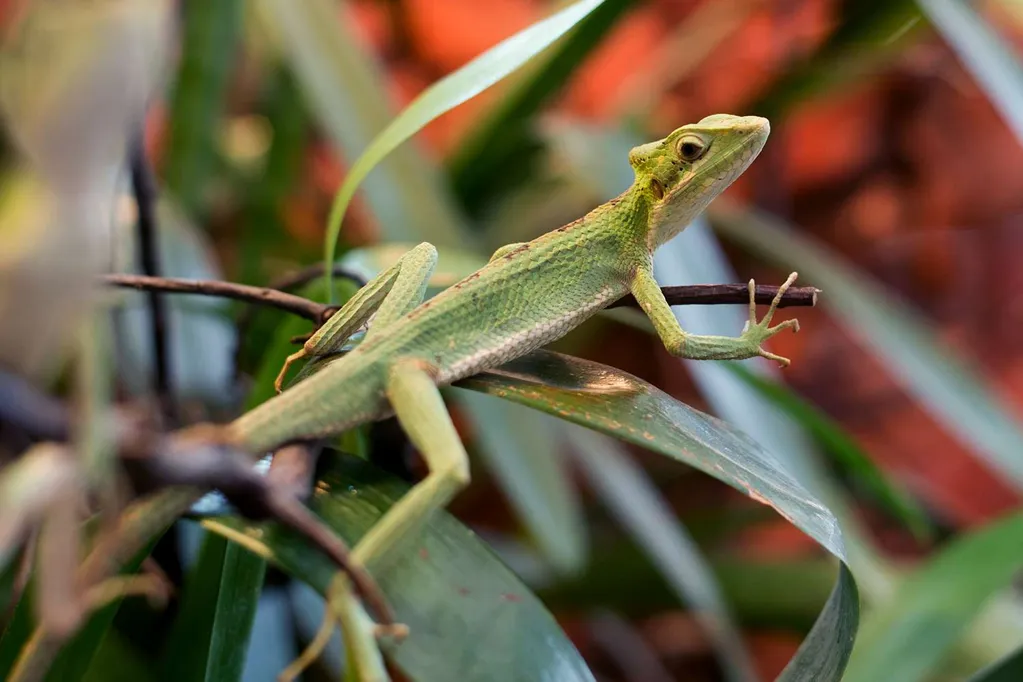"It's not just exciting, it's important for science and conservation education too," a zoo spokesperson said.
A female iguana in the U.K. earned international attention after a rare birthing event left her with babies despite having no contact with a male partner.
In a social media post shared to Telford's Exotic Zoo in mid-August, the wildlife park revealed that casquehead iguanas were hatching, before sharing why this time was a bit more magical than any birth before.
"Check out the pictures of them coming out of their eggs over the last 24 hours," the organization wrote in a Facebook post, adding, "And these babies are EXTRA special."
According to Telford's Exotic Zoo, the babies were born without a dad thanks to a process called parthenogenesis.
"Fish, snakes, lizards, and even birds have all been observed to be able to reproduce without fertilization," the Smithsonian Ocean says of parthenogenesis. In Greek, it means the "virgin creation."
The Exotic Zoo added that "the babies are genetic clones of their mum."
"This is one of the rarest events in the animal kingdom," Scott Adams, the zoo's director, said in a statement shared with CBS News on Tuesday, Sept. 9.
While parthenogenesis is a documented occurrence, Adams told the outlet it caught the zoo's staff by surprise, with many "thinking, what's going on here?"
"When we confirmed the eggs were fertile without any contact with a male, our jaws hit the floor. These babies are essentially mini-mum clones, and seeing them thrive is incredible. For us, it's a powerful reminder that life finds a way in the most unexpected circumstances," Adams said.
USA Today reported that eight casquehead iguanas were born from the set of eggs laid.
The babies are not on public display yet, the outlet reports. Instead, they are being kept in a specially designed enclosure at the zoo's specialist reptile nursery, where staff monitor the temperature and humidity levels.
Photos posted to the Exotic Zoo's Facebook account showed their head keeper, Ryan, smiling outdoors as he held one of the casquehead iguanas.
The Eastern casquehead iguana species is from Mexico and Central America. The iguanas are known for their distinctive casque (helmet-like crest) and long, thin limbs.
They live in trees and feed on insects and get water from drops on leaves. Females are known to reproduce asexually.
"This story gives us an amazing opportunity to talk with our visitors about genetics, evolution, and the challenges that reptiles face in the wild," Adams told CBS News. "It's not just exciting; it's important for science and conservation education too."
Adams also said all of the hatchlings are females, jokingly telling the BBC that "they all speak at exactly the same time."
